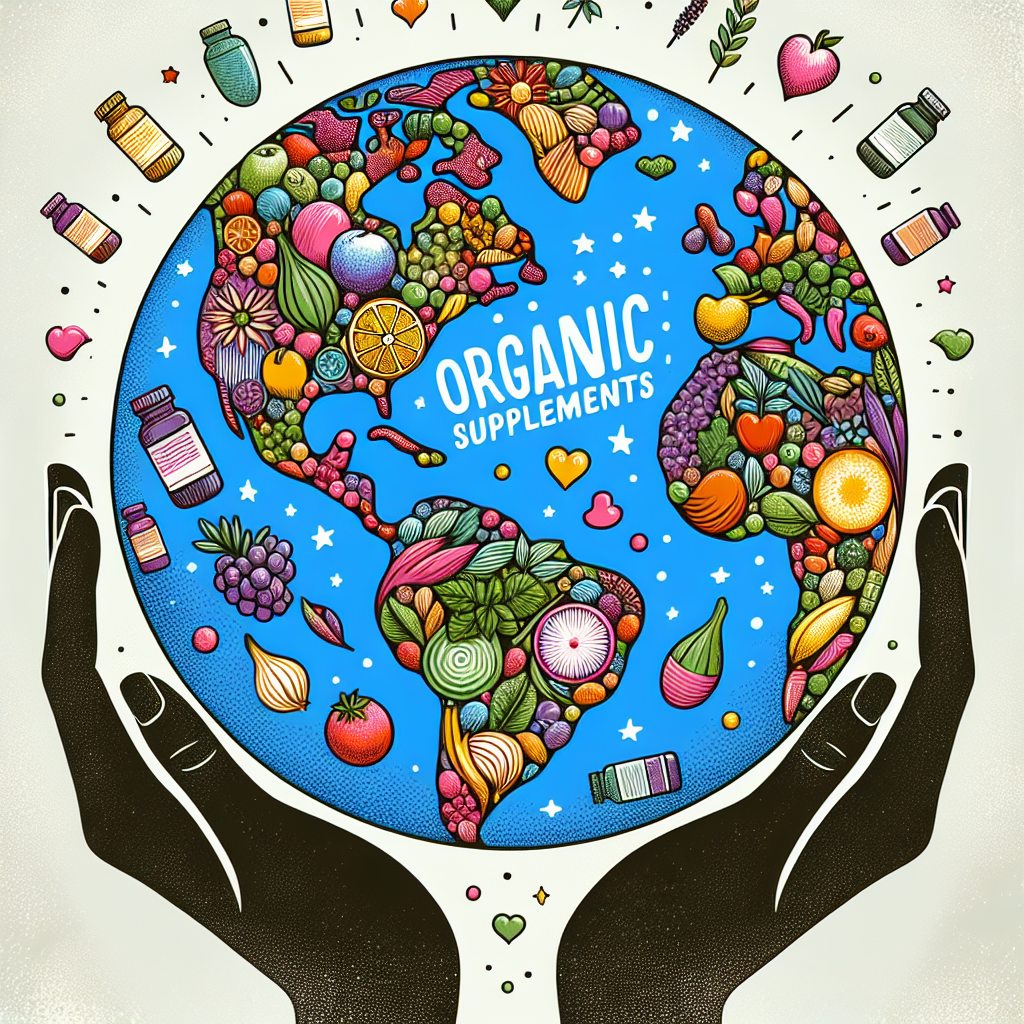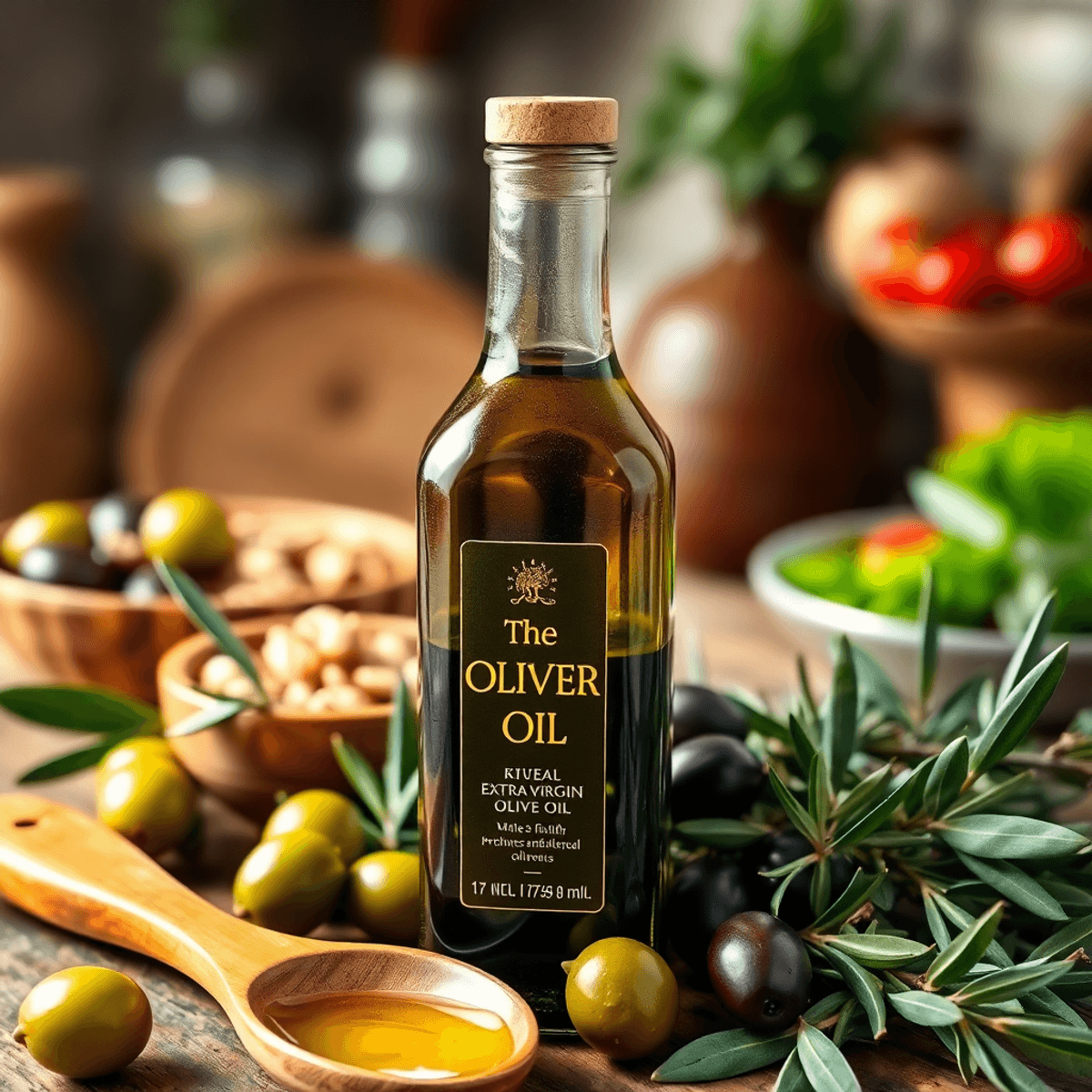As the global trend leans towards organic products, the world of organic supplements has seen explosive growth in the past few years. These plant-based, chemical-free supplements are touted as a natural, healthy alternative to conventional supplements. However, they can be daunting to navigate as factors such as certifications, ingredients, and sourcing come into play. Consider the following crucial points as you delve into the world of best organic supplements.
#### Importance of Organic Supplements
Organic supplements differ from their conventional counterparts in several key factors. They are made from natural, plant-based ingredients, free from synthetic additives and harmful pesticides that contaminate the food chain and disrupt our natural bodily functions. They also tend to have higher levels of essential nutrients due to the nutrient-rich soil they’re grown in. This results in a cleaner, healthier supplement packed with the vitamins and minerals our bodies need.
#### Understanding Organic Certifications
One of the first steps in navigating organic supplements is understanding organic certification. Not all supplements labeled ‘organic’ are genuinely organic, so check for certifications. In the United States, a common organic certification is the USDA Organic label, while in Europe, it’s the EU Organic label. These certifications guarantee that the product is at least 95% organic, uses no synthetic fertilizers or pesticides, and does not include GMO ingredients.
#### Knowing the Ingredients
Knowing the ingredients in your supplement is also vital. Organic supplements should be free from artificial colors, flavors, sweeteners, and preservatives. If the ingredient list is full of items you can’t pronounce, it’s likely not truly organic. Furthermore, look for whole-food based supplements. These are more easily absorbed by our bodies and provide a wider array of nutrients compared to isolated vitamins and minerals.
#### Considering the Sourcing
Be aware of where your supplement’s ingredients come from. Organic farmers protect the ecosystem, maintain biodiversity, and produce healthier plants. The quality of soil, air, and water all affect the quality of the ingredients. The best organic supplements use ingredients sourced from trusted, transparent, and sustainable farming practices. Several companies even provide details about their sourcing practices straight on the packaging or on their websites.
#### Choosing the Right Format
Organic supplements come in various forms, such as pills, powders, liquids, and gummies. Each form has its benefits and drawbacks. Tablets and capsules are convenient and easy to dose, but they may contain binders and fillers. Powders offer flexibility with dosage and are easily absorbed but can be less convenient to take. Liquids are easiest for the body to absorb, but they can taste unpleasant. And while gummies may be enjoyable to consume, they often contain added sugars. Assess your personal needs and preferences when choosing a form.
#### Comparing Prices
Price can be a deciding factor when choosing an organic supplement. They are often more expensive than their non-organic counterparts due to the higher costs associated with organic farming and certification. However, investing in a quality organic supplement could translate into healthier, cost-effective choices in the long run.
#### Researching Brands and Reviews
Finally, research the brands you’re considering and read customer reviews. Look for companies with a strong reputation in the organic market, and remember, not all supplements are created equal. A company’s transparency about their sourcing, manufacturing, and organic certification process is a good sign.
Navigating the world of organic supplements can be complex, but keeping these considerations in mind will ensure you make informed choices. By investing time in understanding what goes into your supplements, you can ensure they align with your health goals and ethical values. Remember, your health is an investment, not an expense.











